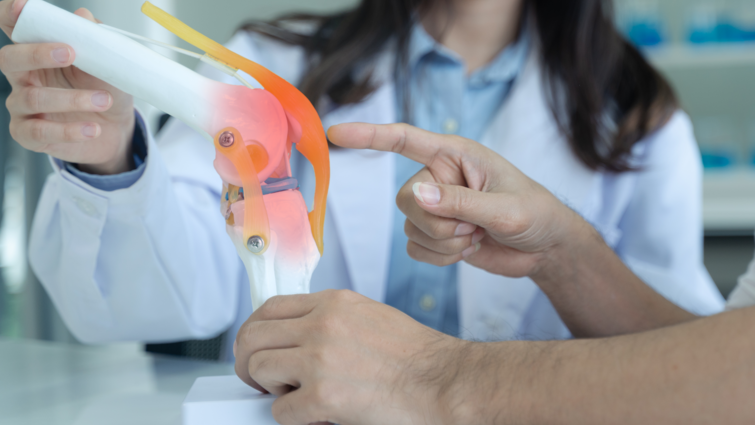
Joint replacement
Joint replacement surgery can help relieve pain, giving you the mobility and peace to live a more active life. Joint replacement surgery is one of the most common orthopaedic procedures performed in the United States today, according to the Centers for Disease Control and Prevention.
Thomas Donaldson, MD, chair of orthopaedics at Loma Linda University Health, says early preparation before a joint replacement can make your recovery faster and easier. Donaldson shares the following things to know before joint replacement surgery.
Start planning early.
Any operation will affect your life, and even the most successful of procedures take time to heal and will cause some disruptions. Planning ahead can mitigate these extra stressors and make recovery smooth.
Stop smoking.
If you smoke, or use any tobacco products, stop. Smokers have a higher chance of complications and infections both during and after the procedure. Smoking will also slow your recovery and prolong your incision healing time.
Go through the physical therapy.
Before surgery, make sure you understand the therapy exercises you'll need after your procedure. If you get used to them and confirm that you’re doing them correctly, you can lessen stress after surgery.
Don’t be afraid to ask questions.
Your physician is there to help answer your questions. They’ll provide you with any information you need, but if you have additional questions you want answered, write them down and bring them to your appointment to ensure you have the answers you need.
Optimize your weight.
When people are carrying extra body weight, their risk or surgical complications increases. Bring overweight before surgery can increase the risks of complications and cause excess inflammation in your body while you’re healing.
Have your health under control.
Patients who suffer from pre-existing diseases should make sure their health is under control. Knowing and understanding your lab tests can prepare you for a successful recovery. You may need to take preoperative blood tests to determine your body’s level of hemoglobin A1c, glucose, potassium, or more. Receiving these tests before the procedure can allow you to talk with your primary care physician about the test results.
For more information regarding Loma Linda University Health’s orthopedics services, visit the website or call 909-558-2808.
